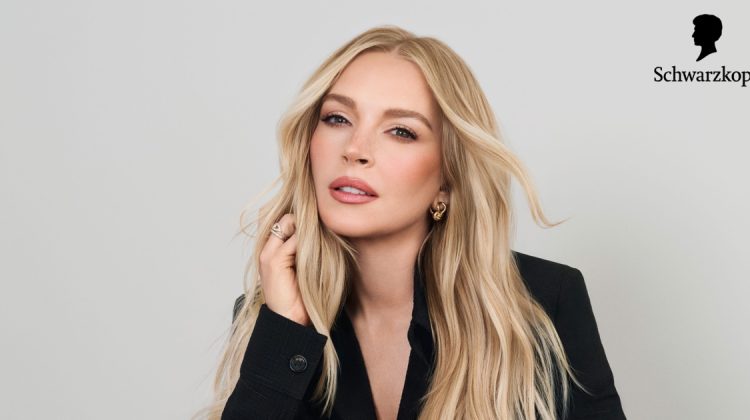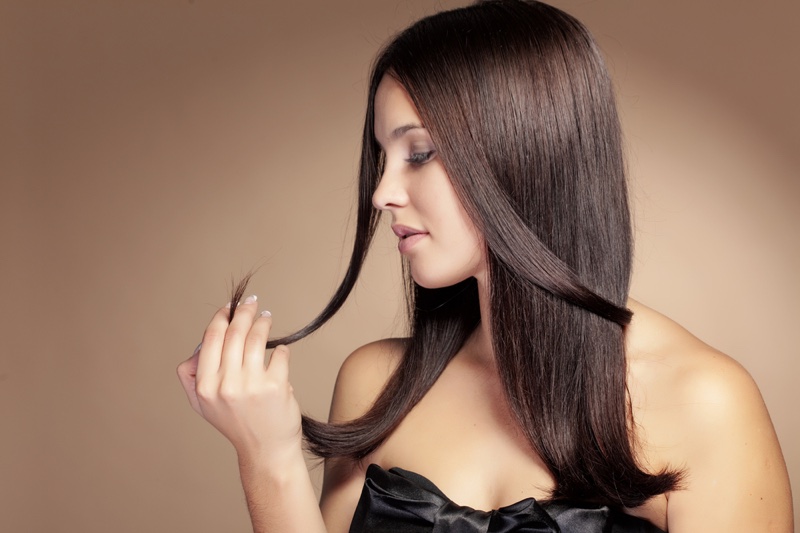
In a fascinating survey conducted by Dove US, only 7% of the 1000 subjects said they loved their hair. Even more interesting was the fact that some women reported hair quality went as far as affecting their self-esteem. This goes a long way to prove that there is more to hair care than avoiding “bad hair days.”
Benefits Of Taking Care Of Your Hair
1. It Promotes Healthy Hair
No one wants to walk around with split ends and dry hair. Not only is such hair an aesthetic nightmare, but it’s also very uncomfortable to live with.
Good hair care products will help you avoid all this. They’ll nourish your scalp and hair, transforming your head into a vibrant crown.
The use of healthy hair products is also helpful in preventing premature hair loss. And no, hair loss does not affect men alone. According to Cleveland Clinic, over 50% of women experience noticeable hair loss at some point in their lives. Although some of these cases are due to hormonal imbalance, the use of harmful hair products is also a huge contributing factor.
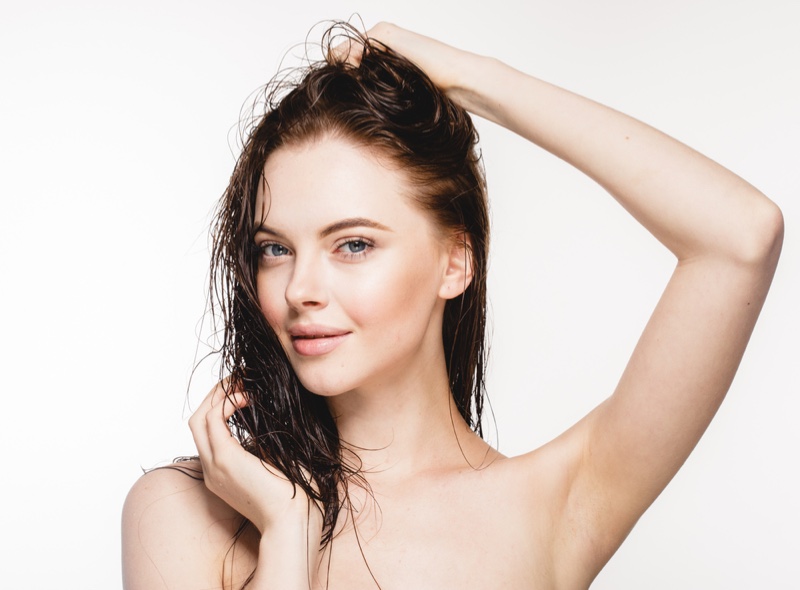
2. It Boosts Your Self-Confidence
Scientists have traced a direct link between hair and self-esteem. Men and women who experience issues like premature balding struggle with self-confidence. That’s simply because the condition of your hair affects how you see yourself.
For instance, men with long and thick hair have a higher sense of masculinity which improves their self-perception as well as interpersonal relationships. Such men are more likely to live a high-quality life than their colleagues who are balding at a younger age.
Similarly, women with healthy hair feel more confident in their beauty. It boosts self-esteem hence improving their professional and personal lives.
3. It Is An Indicator Of Your Overall Wellbeing
The state of your hair says a lot about your overall well-being. Strong and healthy hair indicates that several body functions are operating optimally to produce and transport the necessary nutrients to your scalp. On the other hand, frizzy, dry, and falling hair hints at the presence of an underlying medical condition.
If you’ve switched between multiple products and routines without any positive result, consult a licensed physician to identify the root cause of your hair problems.
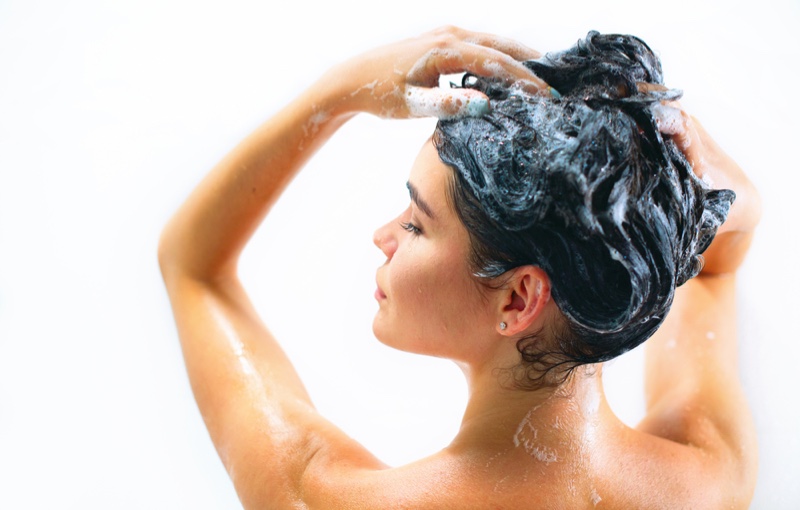
Tips For Taking Care Of Your Hair
1. Wash Your Hair Frequently
Shampoo, gel, spray, serum, and other hair products leave behind many chemicals on your hair. Weather elements like dust can also deposit harmful particles on your scalp. These compounds accumulate overtime to block scalp pores and interrupt your hair health. Washing your hair frequently keeps your head looking and feeling fresh.
You should know that washing your head excessively can also starve the hair of crucial vitamins and nutrients. It’s important to identify the appropriate washing frequency for your hair type.
2. Use The Right Products
Always read the label of the hair products you are purchasing. Avoid brands using harsh chemicals that can irritate your skin and harm your hair.
The good news is there are lots of organic products on the market. For instance, eco friendly shampoo bars are formulated with natural ingredients that will clean your hair without damaging or irritating your skin. These products are generally safer than chemical shampoos containing parabens and sulfates.
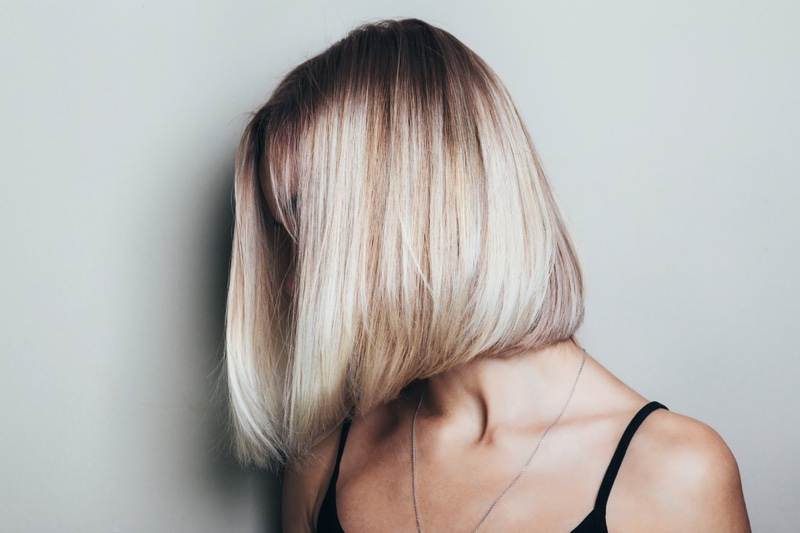
3. Trim Your Hair
Hair trimming is one of the best ways of dealing with split ends. Hair specialists recommend trimming your hair every 6 to 8 weeks.
4. Stick To A Healthy Diet
It may come as a surprise, but the food you eat affects your hair health directly. Healthy hair needs proteins, iron, biotin, omega-3 fatty acids, zinc, and vitamins B6, B9, and B12. You can acquire these ingredients through supplements, but it’s best to get them from natural food sources.
Eggs, fish, leafy veggies, and nuts come highly recommended. You also need to increase your water intake.
5. Dry Your Hair Properly
Excessive blow-drying damages the scalp. Try safer alternatives like towel and air drying.
6. Oil And Massage Your Scalp
Nutrients can only reach your hair when there is sufficient blood supply in the scalp. Scalp massages boost blood circulation hence increasing nutrient supply to your hair roots. Proper oiling and massage are also good for maintaining healthy moisture content.
7. Reduce Stress
Physical and emotional stress has been linked to three types of hair loss, alopecia areata, telogen effluvium, and trichotillomania. Try your best to avoid stress as much as possible.
The fact that hair health can affect your emotional and mental wellbeing makes it very crucial. Get the right products and regain control over your hair today.
